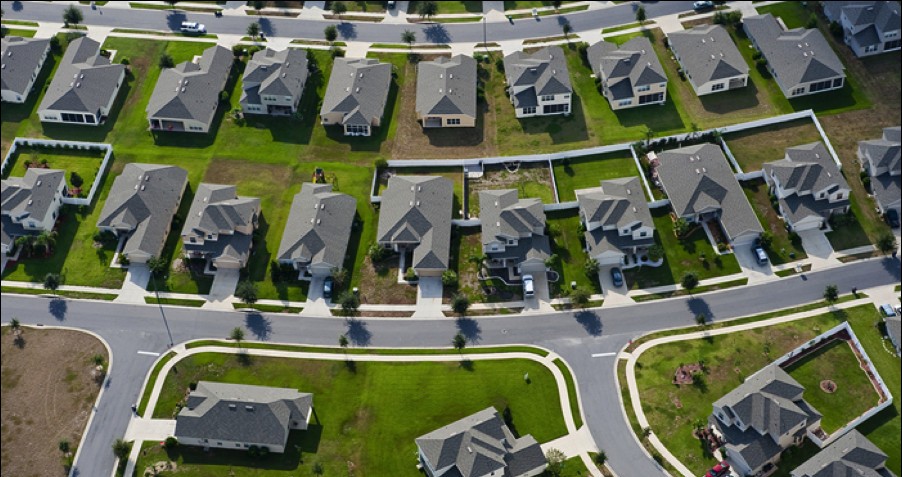When planning to build a single-family home, one of the biggest decisions you’ll face is whether to buy developed land or undeveloped land. Both options come with unique benefits, challenges, and cost considerations that can significantly impact your timeline and budget.
In this guide, we’ll break down the differences, explain how to handle each type of property, and show how Xhome can help you turn either option into your dream home.
What Is Developed Land?
Developed land refers to property that already has infrastructure and utilities in place, such as:
- Paved roads or driveway access
- Water and sewer connections
- Electricity, internet, and gas lines
- Grading or site preparation
Because it’s ready for construction, developed land can often fast-track your home building process.
Pros of Developed Land
- Faster construction start — no need for extensive site preparation.
- Predictable building costs — fewer unknowns in the budget.
- Easier financing — banks are more likely to lend for ready-to-build sites.
Cons of Developed Land
- Higher purchase price compared to raw land.
- Limited flexibility in house placement or landscaping.
- May be located in denser, less private neighborhoods.
What Is Undeveloped Land?
Undeveloped land (also called raw land) has no infrastructure or utility connections. This means you’ll need to arrange for:
- Road access
- Water (well or city hookup)
- Septic system or sewer connection
- Electricity and internet
- Grading and clearing
Pros of Undeveloped Land
- Lower purchase price — more affordable upfront.
- Greater design flexibility — freedom to place your home anywhere on the lot.
- Privacy and space — often located in rural or scenic areas.
Cons of Undeveloped Land
- Longer timeline — installing infrastructure takes time.
- Higher prep costs — utility hookups and grading can add up.
- More complex permitting and zoning requirements.
How to Deal with Developed Land
If you buy developed land for a single-family house:
- Verify permits and zoning to ensure your building plans comply.
- Check utility capacity — confirm the connections meet your needs.
- Review neighborhood restrictions like HOA rules or design guidelines.
- Partner with a home builder like Xhome to take advantage of the prepared site and start construction immediately.
How to Deal with Undeveloped Land
If you choose undeveloped land:
- Conduct a land survey to understand boundaries and topography.
- Check soil conditions for foundation suitability.
- Budget for infrastructure — including septic, water, and electric.
- Work with Xhome to design and build a prefabricated single-family home that’s optimized for your site’s unique conditions.
Xhome: Your Partner for Any Land Type
Whether you’ve purchased a developed residential lot in the city or raw land in a rural area, Xhome offers a complete design-to-build solution. Our prefabricated single-family houses can be installed in as little as 4 hours once the site is ready, helping you save time, reduce costs, and ensure top-quality construction.
We can also assist with:
- Land suitability analysis
- Permitting and zoning support
- Custom home design for any site size or terrain
Final Thoughts
The choice between developed and undeveloped land comes down to your budget, timeline, and lifestyle goals. Developed land offers speed and convenience, while undeveloped land offers flexibility and potential savings. With Xhome by your side, either path can lead to a beautiful, durable, and energy-efficient home. Start your consultation today with Xhome to explore the best land options for your single-family home and get expert guidance from purchase to move-in.



